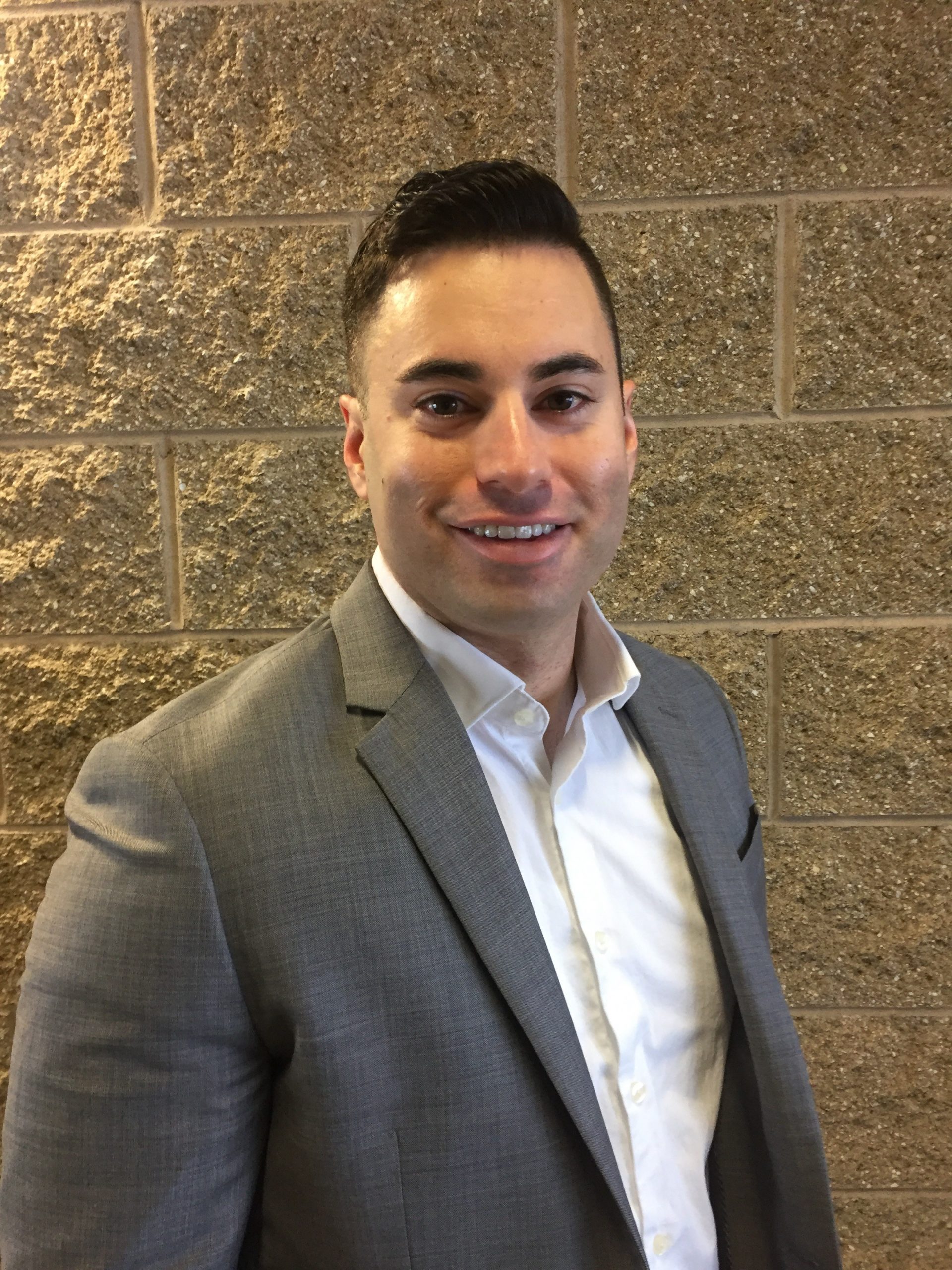One of the main challenges for addiction treatment facilities is finding patients who are willing to overcome their fears and get started on the road to recovery.
In the digital age, they can do this by leveraging effective digital marketing strategies. With the right approach, rehab centers can stand out amidst the crowded online landscape. And with an increasing number of people turning to the internet for support and information, it’s more important than ever for these centers to establish a strong online presence.
By adopting a comprehensive digital marketing approach, addiction treatment centers can enhance their visibility, connect with people who need help, and ultimately, save more lives. In this article, we will explore some of the best digital marketing strategies for addiction treatment centers that want to maximize their outreach and impact.
Understanding the Landscape
Before diving into the specific strategies, it is important to have an understanding of the current digital landscape. The rise of online platforms has shifted the way people seek information and services.
The digital marketing landscape has also become a lot more competitive for addiction treatment centers as more facilities recognize the potential of online channels to reach individuals in need of help. More and more rehab centers are investing in search engine optimization (SEO), pay-per-click (PPC) advertising, and social media campaigns to stand out in a crowded marketplace.
This intensified competition means that marketing strategies must be highly targeted and data-driven to effectively engage with potential clients. Staying ahead in this competitive environment requires continual adaptation to evolving digital trends and patient needs.
With that in mind, digital marketing in this industry cannot be purely competitive as addiction is a dangerous and complex condition with life-threatening effects. Digital marketing strategies need to center around empathy, trust, and sensitivity.
Unlike other sectors, addiction treatment services often deal with vulnerable populations seeking help during challenging times. Therefore, marketing strategies should prioritize a compassionate and supportive tone, emphasizing credibility and reliability.
Content should focus on education, stigma reduction, and providing valuable resources to build trust with potential clients and their families. Transparency about treatment approaches, success stories, and professional qualifications are important so that prospective clients can make the right decision that suits them.
By fostering an authentic and caring connection, digital marketing can effectively reach those in need and guide them toward the appropriate support and resources.
Key Digital Marketing Strategies
When incorporating online channels into your marketing strategy, it is important to keep in mind that your competitors will be using the same channels. Patients are also becoming more critical when it comes to evaluating treatment centers based on their online presence.
Those who are looking for rehab centers online assess a prospective facility’s expertise by checking if they can offer transparent, credible, and empathetic information on the topic of substance use disorder and treatment. They also try to learn everything about the facility’s success rates as well as the types of programs they offer.
Effective digital marketing strategies therefore need to focus on creating high-quality, informative content that gives value to the people viewing them. Your content should address common concerns and questions, showcase real-life success stories, and demonstrate the center’s commitment to personalized care.
Here are some strategies you can implement:
Build a User-Friendly Website
Building a user-friendly website is an important first step for addiction treatment centers. A well-designed website serves as the primary point of contact for individuals seeking help, so it’s essential that it provides a seamless and intuitive experience.
The website should feature clear navigation and a responsive design for mobile and desktop users. It should also have a straightforward yet visually-appealing layout that highlights key information like treatment options, staff credentials, and contact details.
Incorporating engaging and informative content, such as testimonials, blog posts, and educational resources, can also enhance user experience and build trust. There are other features you can add like call-to-action buttons and online appointment scheduling to streamline the process for prospective clients.
One of the goals of digital marketing is to make it as easy as possible for patients to take the first step toward recovery.
Search Engine Optimization (SEO)
Search Engine Optimization, also known as SEO, is a crucial digital marketing strategy for addiction treatment centers, as it enhances online visibility and drives relevant traffic to their websites.
By optimizing website content with targeted keywords like “addiction treatment,” “rehab centers,” or specific substance names, rehab centers can improve their search engine rankings and attract people who are actively looking for help online.
When people use search engines, they tend to click on the first few results that they see. They rarely scroll down or check the next few pages of search results. This is why it is necessary to rank high in these search results using SEO.
SEO involves both on-page tactics and off-page efforts. On-page SEO involves creating valuable, informative content and optimizing meta descriptions and headers. Meanwhile, off-page efforts include building backlinks from reputable sources.
Additionally, local SEO strategies, like optimizing Google Business Profile listings and gathering positive reviews, can further increase visibility for those searching for nearby treatment options.
Effective SEO not only helps addiction treatment centers reach a broader audience but also establishes their authority and trustworthiness in the field, ultimately connecting individuals in need with the support they require.
Rehab facilities should keep in mind that SEO is a long-term strategy. It cannot produce results overnight. So use it while you incorporate other digital marketing strategies.
Content Marketing
Content marketing is a powerful strategy that can go hand-in-hand with your SEO efforts. By creating valuable, informative content, addiction treatment centers can engage and educate their audience at the same time.
Content such as blog posts, videos, infographics, and webinars can address common concerns, answer questions, inspire hope, provide motivation, and give actionable advice for those struggling with addiction.
This content not only helps provide value and information, it also helps in building trust and establishing the center as a credible authority. When people trust your rehab center, they are more likely to seek your help for their SUD. On top of this, creating content also improves search engine rankings, driving more organic traffic to the center’s website.
By focusing on topics like recovery tips, mental health resources, and personal testimonials, treatment centers can connect with their audience on a deeper level. This fosters a supportive community, encouraging more individuals to seek the help they need.
Creating valuable content helps build trust and authority. Consider:
- Blog Posts: Share informative articles on topics related to addiction, recovery, and wellness.
- Success Stories: Publish testimonials and case studies to demonstrate the effectiveness of your treatment.
- Educational Resources: Provide guides, e-books, or videos to help potential clients understand addiction and treatment options.
Social Media Marketing
Social media marketing is another powerful tool for addiction treatment centers since most people are spending time online using these social networking channels.
Aside from publishing content through your own website, you may also share them on popular social media platforms to connect with potential clients and raise awareness about your services. By leveraging platforms such as Facebook, Instagram, and LinkedIn, you can share valuable content to those who need them.
Additionally, publishing content on social media also helps build a supportive online community. This comes with the positive side effect of reducing the stigma associated with addiction and rehab. Maintaining an active and empathic presence on social media not only helps in outreach but also fosters trust and credibility within the community.
Social media platforms offer a way to connect with a broader audience and build a community. Use them to:
- Share Content: Post articles, updates, and success stories regularly.
- Engage Followers: Respond to comments and messages to build relationships and trust.
- Run Ads: Utilize targeted ads to reach individuals who may be seeking help.
Pay-Per-Click (PPC) Advertising
Pay-Per-Click (PPC) advertising is a powerful strategy that allows addiction treatment centers to reach potential clients precisely when they need help. By targeting specific keywords related to addiction treatment, such as “drug rehab near me” or “alcohol addiction help,” centers can place their ads at the top of search engine results pages (SERPs). This ensures high visibility among those who are actively searching for support.
Effective PPC campaigns also involve careful management of ad spend, focusing on high-converting keywords and optimizing ad copy to attract and engage the right audience.
Digital marketers also use geo-targeting and demographic filters to further refine ad reach. They ensure that the center’s services are promoted to the most relevant potential clients. This targeted approach not only enhances the center’s online presence but also drives qualified leads.
PPC campaigns can drive immediate traffic to your website. Focus on:
- Targeted Ads: Use relevant keywords and demographic targeting to reach individuals actively searching for treatment.
- Compelling Ad Copy: Craft ads that are clear, empathetic, and highlight the unique aspects of your center.
- Conversion Tracking: Monitor the performance of your ads to refine and improve your campaigns.
Email Marketing
Aside from social media, addiction treatment centers can also reach their target audience using email marketing. Email is a powerful tool for engaging with your prospective clients and driving meaningful connections.
By leveraging targeted email campaigns, centers can provide their target audience with valuable information about treatment options and upcoming events.
However, generalized emails are not always the way to go. Crafting personalized email content is much more effective, especially when it addresses the specific needs and concerns of its recipients. This personalized approach helps build trust, demonstrating that you care about their concerns. Even through email marketing, you can demonstrate empathy, which is crucial in the sensitive field of addiction treatment.
Additionally, implementing automated email sequences for follow-ups and reminders can ensure that individuals receive timely support and information.
There are many types of messages you can send using email marketing. Here are some examples:
- Newsletters: Share updates, success stories, and valuable information with subscribers.
- Follow-Up Campaigns: Send personalized follow-up emails to engage with leads who have shown interest in your services.
- Automated Drip Campaigns: Set up automated sequences to educate and guide potential clients through their decision-making process.
Online Reviews and Reputation Management
As we mentioned earlier, building trust is essential in the field of addiction treatment. This is why online reviews and reputation management are crucial components of an effective digital marketing strategy.
Prospective clients often rely heavily on reviews and testimonials to gauge the credibility and effectiveness of treatment facilities. Positive reviews can significantly enhance a center’s reputation and attract new clients.
It’s important for centers to actively manage their online presence by encouraging satisfied clients to leave reviews. If you receive negative feedback, you should also respond promptly and address any concerns. Implementing a proactive approach to reputation management fosters a positive image, demonstrating that the center is responsive, caring, and committed to providing quality care.
Work with MasterMindSEO
Digital marketing offers powerful tools for addiction treatment centers to connect with individuals in need of help. By building a user-friendly website, optimizing for search engines, creating valuable content, and leveraging social media, PPC, and email marketing, centers can enhance their outreach and make a meaningful impact.
With careful planning and execution, digital marketing can be a key component in helping more people find the support they need. Addiction treatment digital marketing is more than just getting clicks and traffic. It’s about giving valuable information to people in need and encouraging them to take that first step towards long-term recovery.
By prioritizing ethical practices, building trust through education and support, and leveraging technology responsibly, addiction treatment facilities can make a meaningful impact in the lives of those struggling with addiction.
Because digital marketing has become an indispensable tool for addiction treatment centers, it is important to work with a company you trust.
MasterMindSEO has experience in performing digital marketing campaigns for e-commerce, national, regional and local businesses. Email or call and we will be happy to see how we can help your center get more leads and help more patients!
Ready to take your addiction treatment SEO to the next level? Want to rank your detox center on Google Maps? Let MasterMindSEO help you.
[button color=”undefined” hover_text_color_override=”undefined” url=”https://bookme.name/MasterMindDBS” text=”Get More Admits!” color_override=””]

